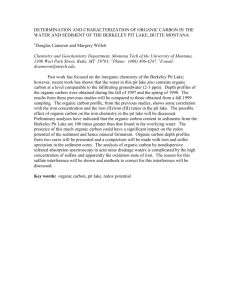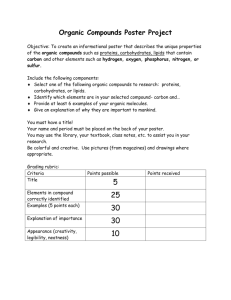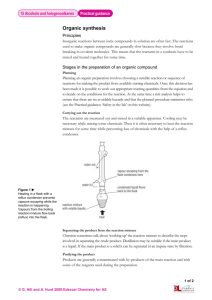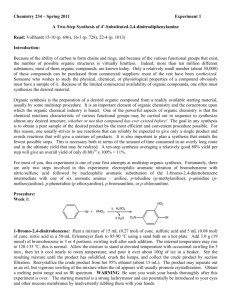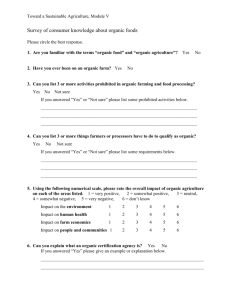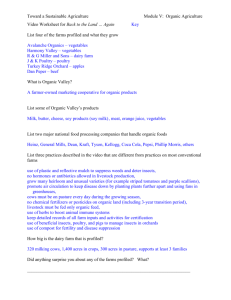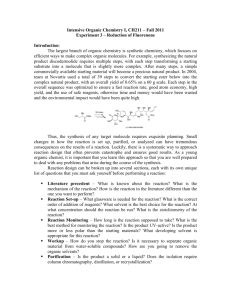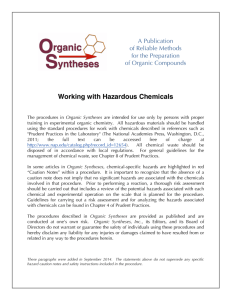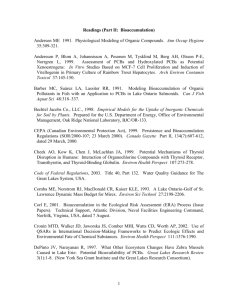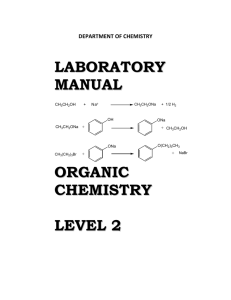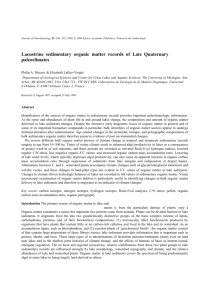an investigation into the effects of organic amendments on berkeley
advertisement
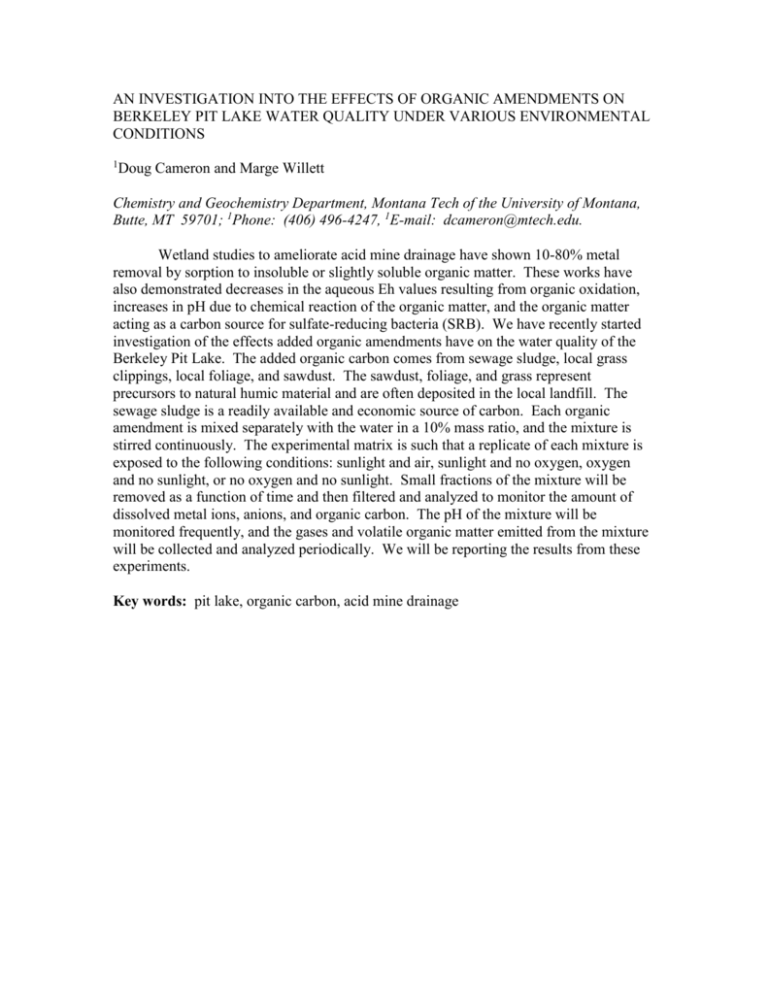
AN INVESTIGATION INTO THE EFFECTS OF ORGANIC AMENDMENTS ON BERKELEY PIT LAKE WATER QUALITY UNDER VARIOUS ENVIRONMENTAL CONDITIONS 1 Doug Cameron and Marge Willett Chemistry and Geochemistry Department, Montana Tech of the University of Montana, Butte, MT 59701; 1Phone: (406) 496-4247, 1E-mail: dcameron@mtech.edu. Wetland studies to ameliorate acid mine drainage have shown 10-80% metal removal by sorption to insoluble or slightly soluble organic matter. These works have also demonstrated decreases in the aqueous Eh values resulting from organic oxidation, increases in pH due to chemical reaction of the organic matter, and the organic matter acting as a carbon source for sulfate-reducing bacteria (SRB). We have recently started investigation of the effects added organic amendments have on the water quality of the Berkeley Pit Lake. The added organic carbon comes from sewage sludge, local grass clippings, local foliage, and sawdust. The sawdust, foliage, and grass represent precursors to natural humic material and are often deposited in the local landfill. The sewage sludge is a readily available and economic source of carbon. Each organic amendment is mixed separately with the water in a 10% mass ratio, and the mixture is stirred continuously. The experimental matrix is such that a replicate of each mixture is exposed to the following conditions: sunlight and air, sunlight and no oxygen, oxygen and no sunlight, or no oxygen and no sunlight. Small fractions of the mixture will be removed as a function of time and then filtered and analyzed to monitor the amount of dissolved metal ions, anions, and organic carbon. The pH of the mixture will be monitored frequently, and the gases and volatile organic matter emitted from the mixture will be collected and analyzed periodically. We will be reporting the results from these experiments. Key words: pit lake, organic carbon, acid mine drainage

